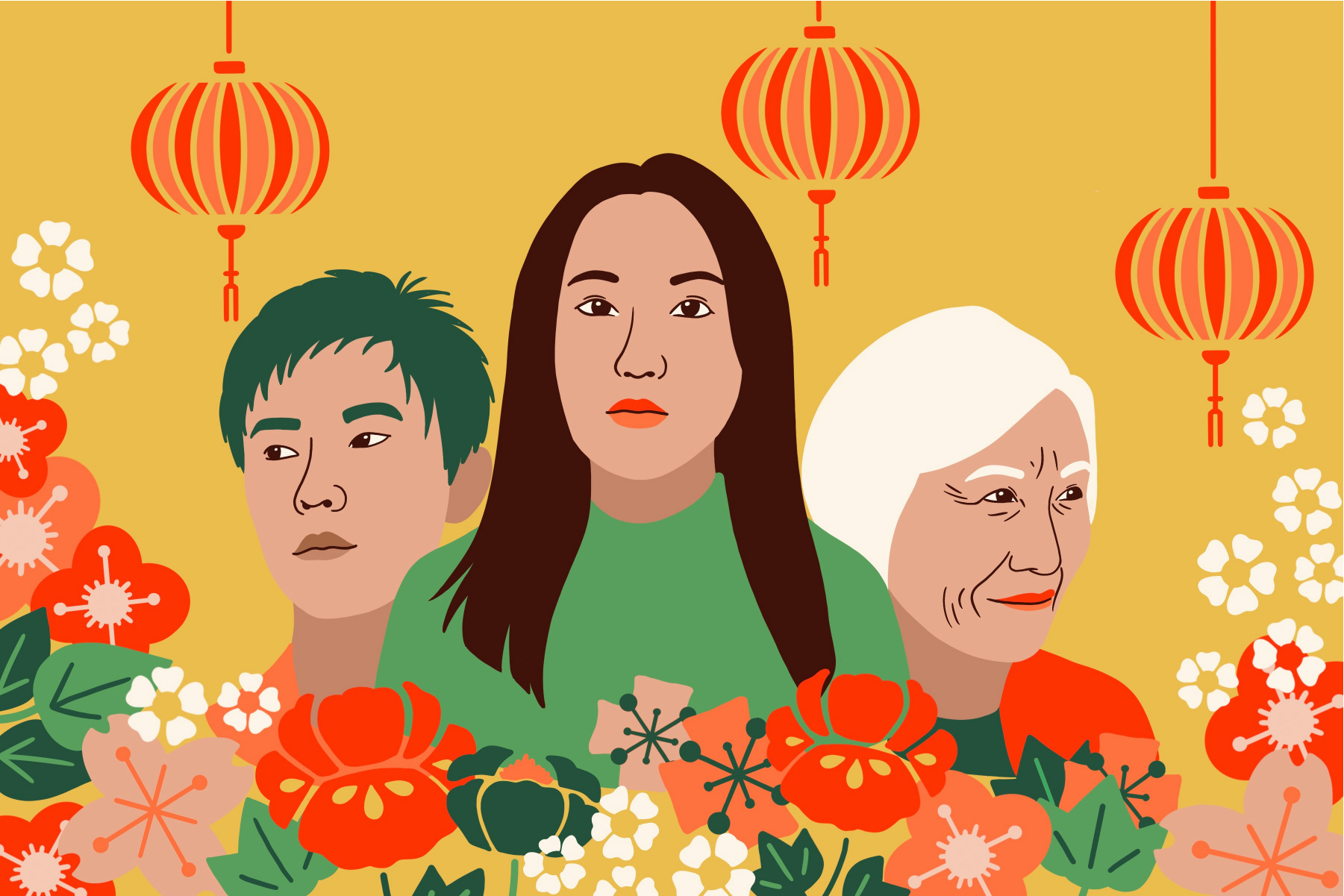In recent years, hate speech and violence against the AAPI (Asian American/Pacific Islander) community has increased drastically, reflected in a surge of anti-Asian hate crimes, especially toward Asian elders. A 64-year-old grandmother was assaulted and robbed of cash she’d just withdrawn from an ATM. An 89-year-old Chinese woman was slapped and set on fire by two people. 61-year-old Filipino American Noel Quintana had his face slashed with a box cutter by a stranger on the subway. 84-year-old Thai immigrant Vicha Ratanapakde died last month after being violently shoved to the ground during his morning walk.
If these are just the hate crimes that have been covered by news outlets, imagine the number of incidents that have happened but were never brought to light.
Increases in racist rhetoric used by the media and news outlets have coincided with increases in racist attacks. As government officials directly or indirectly encourage hate crimes, racism or xenophobia by using anti-Chinese rhetoric in their speeches, thousands of Asian Americans experience racist verbal and physical attacks. An IPSOS poll even found that three in 10 Americans blamed China or Chinese people for the virus.
Since the start of the pandemic, Asian businesses and property have been vandalized, and individuals have been physically assaulted, verbally harassed and violated. In March 2020, California Congresswoman Judy Chu estimated 100 hate crimes were being committed against Asian Americans each day. Unfortunately, many incidents aren’t covered by the main media outlets, and the numbers that are reported are most likely an underestimate because many incidents go unreported.
The media and legal system have shown continued ignorance when it comes to properly addressing these hate crimes. The March 16 mass shootings at three spas in Atlanta further highlighted the issue of anti-Asian violence in America. Eight people were killed, six of whom were Asian women. The sheriff’s office spokesman, Capt. Jay Baker, refused to call the shooting a hate crime because the shooter was simply having “a bad day” and, supposedly, wasn’t killing based on racial motivations. Additionally, the sheriff claimed that the shooter had a sex addiction and lashed out at what he saw as sources of temptation.
With many cities reporting a spike in anti-Asian violence this past year during the pandemic, the statement wasn’t just adding up. It sparked a debate as many felt the sex addiction claim was a way to redirect blame and silence the voices of the AAPI community. On top of that, it was too much of a coincidence for the shooter to end up at these specific spas or massage parlors in Atlanta because it clearly shows that he knew who his targets were. This “bad day” ended the lives of eight individuals, permanently changing the lives of their families and creating more trauma for a generation of Asian Americans.
An August 2020 U.N. report found that there were “more than 1,800 racist incidents against Asian Americans in the United States over an eight-week period from March to May 2020” and that Asian women were more likely to be harassed than Asian men. An article by Pew Research states that 40% of U.S. adults believe that “it has become more common for people to express racist views toward Asians since the pandemic began.” Many Asians have been the subject of slurs or jokes, and a significant number fear that someone might threaten or physically attack them out of prejudice. About 58% of the Asian adults surveyed said it was “more common for people to express racist or racially insensitive views” toward them since the start of the COVID-19 outbreak.
Anti-Asian racism and discrimination did not start with COVID-19. Anti-Asian discrimination has always been deeply ingrained in American history and experiencing xenophobia, racism, discrimination and violence is nothing new to the AAPI community. When the first wave of East Asian immigrants arrived in the U.S. in the 1850s, they were met with discrimination and violence immediately. From the Chinese Exclusion Act of 1882, to the racialized response to the San Francisco bubonic plague in 1900, to Japanese internment camps, to the murder of Vincent Chin, America has a long record of hate crimes and acts of violence against the AAPI community.
It is important to educate, raise awareness and call for action. There are many resources available to learn about the history of oppression against the AAPI community in the U.S. and it is crucial to stand up and fight against anti-Asian racism and violence.
Stop AAPI Hate is a nonprofit social organization that tracks incidents of discrimination, hate and xenophobia against Asian Americans and Pacific Islanders in America. They serve as the leading aggregator of anti-Asian hate incidents and offer multilingual resources for impacted community members by supporting community-based safety measures and restorative justice efforts, and advocating for local and national policies that reinforce human rights and civil rights protections.
AAPI Women Lead was created for the need for accurate and diverse representation of AAPI self-identified women and girls. The organization aims to strengthen the progressive platforms of the AAPI community through leadership and end the intersection of violence against and within the community.
Asian Americans Advancing Justice builds power through collective advocacy and works to combat the current rise in harassment and discrimination by planning and implementing an aggressive scaling up of locally led bystander hate incident intervention training for community members.
And lastly, Anti-Asian Violence Resources is a collection of helpful resources to enhance the understanding of anti-Asian racism by including statistics, news updates and information regarding donations and allyship.
The Atlanta Spa Shootings Exemplify the Legacy of Violence Against Asians
















